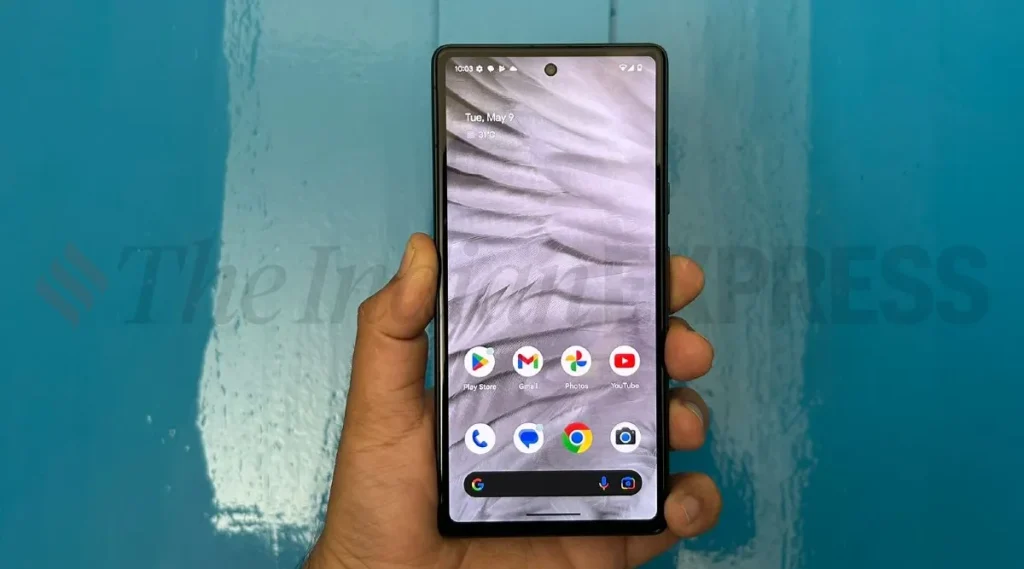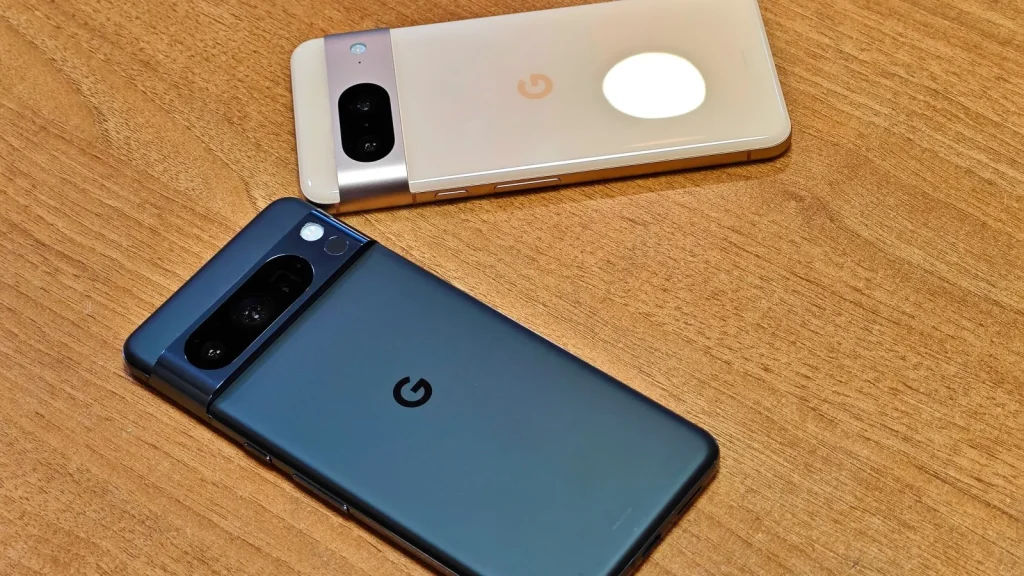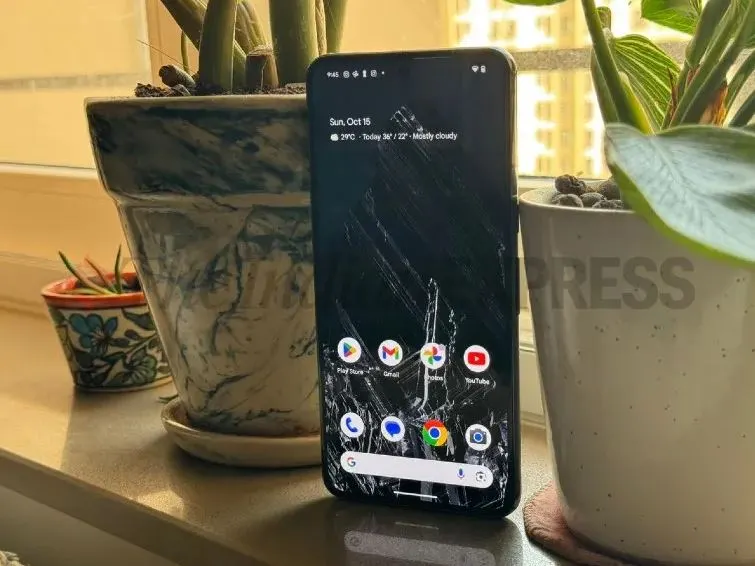In this comparison, we aim to simplify the decision-making process when choosing among these three Google Pixel devices.
Google surprised everyone by unveiling the Pixel 8a, which was initially expected to be launched at the upcoming I/O 2024 developers’ conference on May 14. Priced at Rs 52,999, the Pixel 8a cannot be considered budget-friendly, as it costs significantly more than the Pixel 7a, which is only a year old, and is almost as expensive as the more capable Pixel 8, especially after recent price cuts.
Undoubtedly, the Pixel 8a, Pixel 8, and Pixel 7a (review) are the three devices you should consider if you’re looking for a compact Android smartphone with premium design and flagship specs. If you’re unsure which one to choose, here’s a detailed comparison to help you decide.
Pixel 7a is the cheapest

As the oldest model, the Pixel 7a is the most affordable among these three devices, currently retailing for Rs 36,999. Despite its budget-friendly price, the Pixel 7a does make some compromises compared to the other two models. These include featuring an older chip and offering a shorter software support lifespan, with just three years of updates compared to the seven years offered by the Pixel 8a and Pixel 8.
Moreover, the Pixel 7a is only available with 128 GB of internal storage, while the Pixel 8a and Pixel 8 also come in 256 GB versions. If you’re comfortable with the lower storage capacity and are looking for a Google-made smartphone at the most affordable price, the Pixel 7a is the ideal choice. However, if you plan to use your smartphone for an extended period and prioritize software longevity, opting for the Pixel 8 or Pixel 8a, despite their higher price tags, would be a better investment.
Minor differences in the design

All three devices feature a metal frame. The displays on the Pixel 8a and Pixel 7a are protected by Gorilla Glass 3, while the Pixel 8 comes with the sturdier Gorilla Glass Victus. Both the Pixel 8a and Pixel 7a are IP67 rated for water and dust resistance, whereas the slightly pricier Pixel 8 offers an improved ingress protection with an IP68 rating.
The Pixel 7a boasts a 90Hz screen, while the Pixel 8a features a faster 120Hz screen, similar to the Pixel 8. Among the three, the Pixel 8 stands out with its minimal bezels, giving it a more premium appearance.
Despite being similar in size to the Pixel 8a, the Pixel 8 features a larger 6.2-inch screen, while both the Pixel 8a and Pixel 7a sport a smaller 6.1-inch screen.All three phones are equipped with a dual-camera setup at the back, comprising a 64 MP primary sensor and a 13 MP ultra-wide-angle lens. For selfies, the Pixel 8 has a 10.5 MP camera, whereas both the Pixel 8a and Pixel 7a boast a 13 MP front camera. Despite the slightly lower resolution sensor on the Pixel 8, its larger sensor size is likely to result in better performance.
Consistent software, comparable hardware experience

The newer Pixel 8a and Pixel 8 are powered by the Tensor G3 chip, whereas the Pixel 7a utilizes the Tensor G2 chip. All three devices currently run on the Android 14 OS, with the Pixel 7a slated to receive two more major OS upgrades, while the Pixel 8a and Pixel 8 will receive seven major OS upgrades. Performance-wise, the Pixel 8a and Pixel 8 will deliver similar performance, while the Pixel 7a, with its older chip, may lag behind.
Moreover, in terms of AI capabilities, the Pixel 8a and Pixel 8 offer the most features and are likely to continue receiving additional features with upcoming major OS updates and Pixel feature drops.
Choose your Pixel smartly
For those seeking a Google-made Android phone for long-term use, the Pixel 8a or Pixel 8 is recommended. However, if price is a greater concern, the Pixel 7a offers a more budget-friendly option.